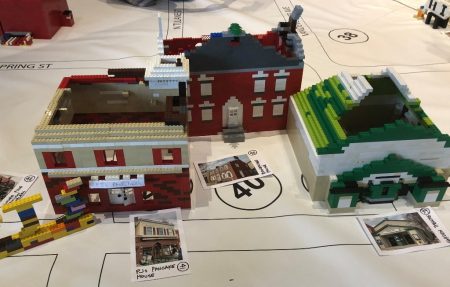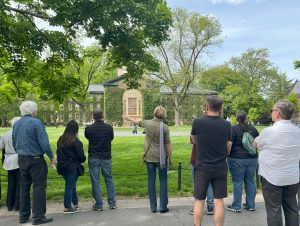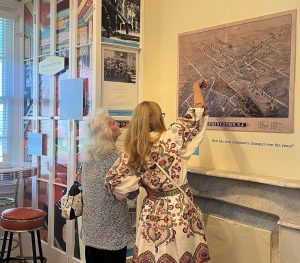On Pi Day, the Princeton community honors its famous former resident, Albert Einstein, who was born (appropriately) on March 14, 1879. The Historical Society of Princeton, home to one of the world’s largest collections of Einstein’s personal belongings, will offer two opportunities to observe his 147th birthday.
Author and journalist Benyamin Cohen will speak in Princeton Public Library’s Community Room about Einstein’s enduring popularity at 11:00 am. Cohen, who manages the official social media accounts of the world famous physicist, will include anecdotes from his book, “The Einstein Effect: How the World’s Favorite Genius Got into Our Cars, Our Bathrooms, and Our Minds.” Free; registration is requested. Special thanks to the Graduate by Hilton Princeton for its support of this event.
Visit the Historical Society of Princeton’s museum at Updike Farmstead between 1:00 and 4:00 pm to get an up close look at his furniture and other personal belongings; special collections not typically on display to the public will also be on view. Plus, Einstein himself will be in the museum to answer questions and take pictures! Additional activities provided by the Princeton Einstein Museum of Science include magnetism games, a mini black hole exhibit, and, for kids 12 and under, a free compass or Pi Day tattoo.
Admission is $5 (free for children 6 and under). Purchase tickets online before March 14 to receive a unique gift: a First Day of Issue stamp commemorating the 100th anniversary of Einstein’s birth (one per family).
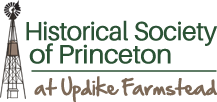
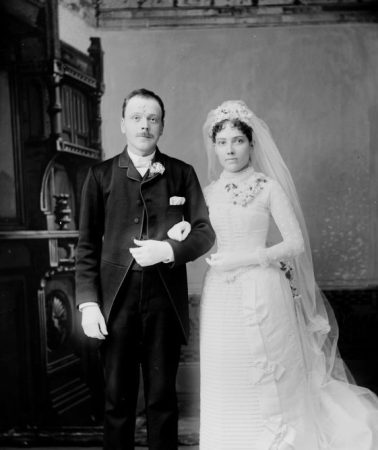
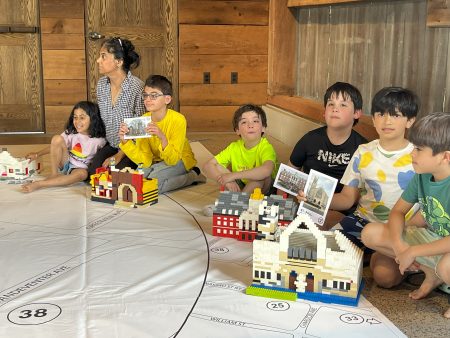
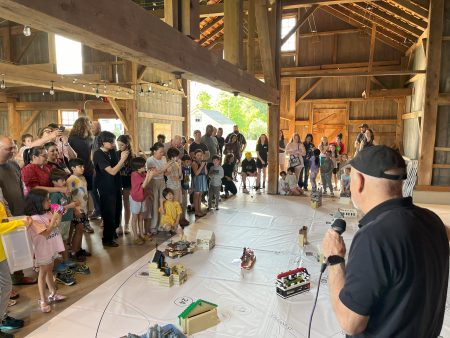
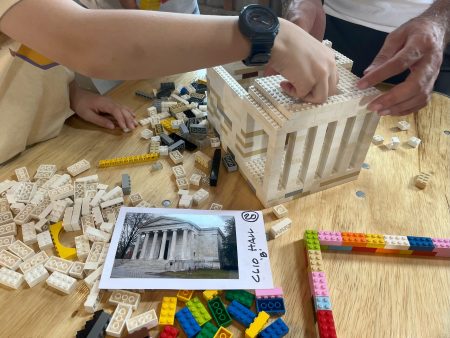



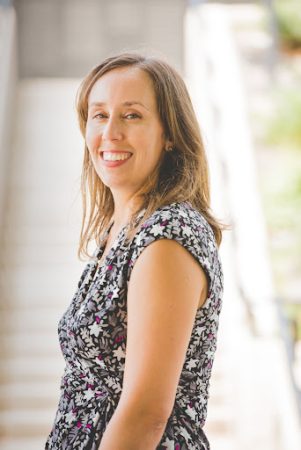 The Historical Society of Princeton (HSP) has named Sarah Taggart as its new Executive Director. Taggart joined HSP late this summer after an extensive retained search following the fifteen-year tenure of Isabel (Izzy) Kasdin.
The Historical Society of Princeton (HSP) has named Sarah Taggart as its new Executive Director. Taggart joined HSP late this summer after an extensive retained search following the fifteen-year tenure of Isabel (Izzy) Kasdin.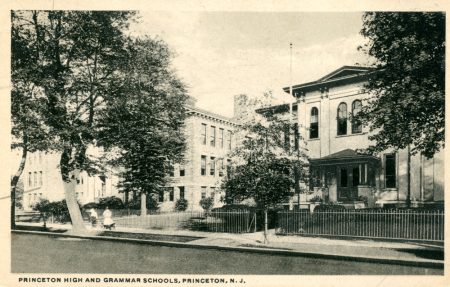 The Historical Society of Princeton (HSP), in partnership with Princeton Public Schools (PPS), has launched a new digital tour tracing the history of public education in Princeton. Using photographs and historical documents,
The Historical Society of Princeton (HSP), in partnership with Princeton Public Schools (PPS), has launched a new digital tour tracing the history of public education in Princeton. Using photographs and historical documents, 